Axions—theorized particles that could account for dark matter—could accumulate around rapidly rotating neutron stars to the point that they become detectable.


Graviton to photon conversion via parametric resonance https://www.sciencedirect.com/science/article/pii/S2212686423000365z
In a groundbreaking discovery, physicists have found that gravity can create light under certain conditions, opening up new avenues of research in astrophysics and cosmology.

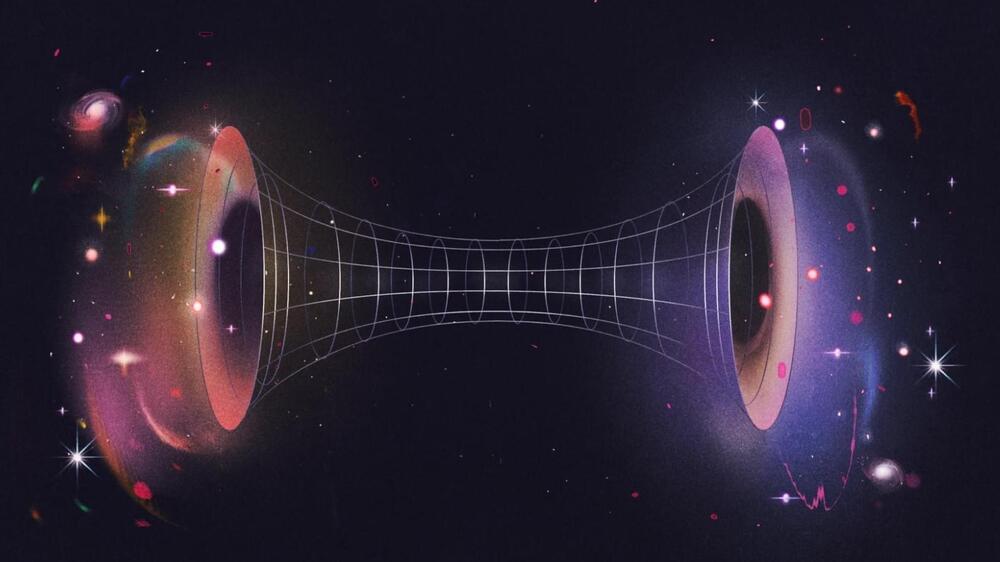
Our very own Milky Way could host a huge bridge in space-time. At least, that’s what the authors of a recent study have suggested. According to the group, teamwork between Indian, Italian, North American scientists and scientists from other countries at the International School for Advanced Studies (SISSA) in Italy.
The central disk of Milky Way may host the necessary dark matter to support the formation and nourishment of a “stable and controllable” tunnel to a distant section of space-time –known as a wormhole. The group’s study was issued in the November 2014 issue of Annals of Physics. A pre-print of this research paper is also available at arxiv.org.
Wormholes (also known as Einstein-Rosen Bridge) were first theorized by Albert Einstein and Nathan Rosen in 1935. Albert Einstein and Nathan Rosen suggested their idea as a way to get around the notion of black hole singularities.

Research suggests dark matter may not exist, and the universe’s age is approximately 27 billion years, according to a recent study on Earth.com
The universe has always held mysteries that spark our curiosity. As we currently understand it, the fabric of the universe comprises three primary components: ‘normal matter,’ ‘dark energy,’ and ‘dark matter.’ However, new research is turning this established model on its head.
Enter Rajendra Gupta, a seasoned physics professor who isn’t afraid to question the status quo. With years of research under his belt, Gupta is shaking up our understanding of the universe.
Gupta, based at the University of Ottawa, conducted a study that suggests we might not need dark matter or dark energy to explain the workings of the universe. This bold claim is turning heads in the scientific community.
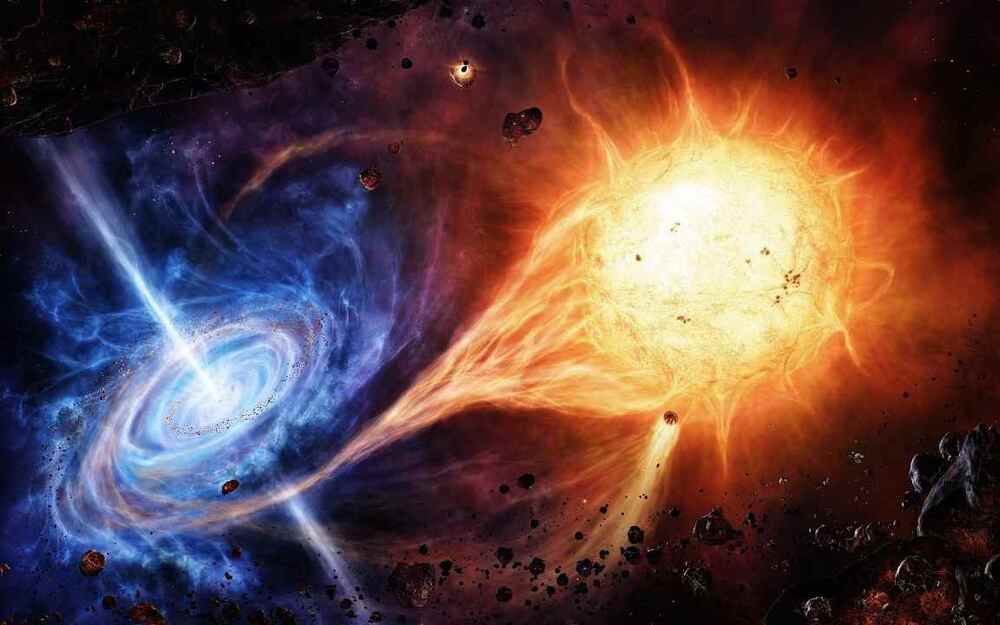
Although our universe may seem stable, having existed for a whopping 13.7 billion years, several experiments suggest that it is at risk—walking on the edge of a very dangerous cliff. And it’s all down to the instability of a single fundamental particle: the Higgs boson.
In new research by me and my colleagues, just accepted for publication in Physical Letters B, we show that some models of the early universe, those which involve objects called light primordial black holes, are unlikely to be right because they would have triggered the Higgs boson to end the cosmos by now.
The Higgs boson is responsible for the mass and interactions of all the particles we know of. That’s because particle masses are a consequence of elementary particles interacting with a field, dubbed the Higgs field. Because the Higgs boson exists, we know that the field exists.
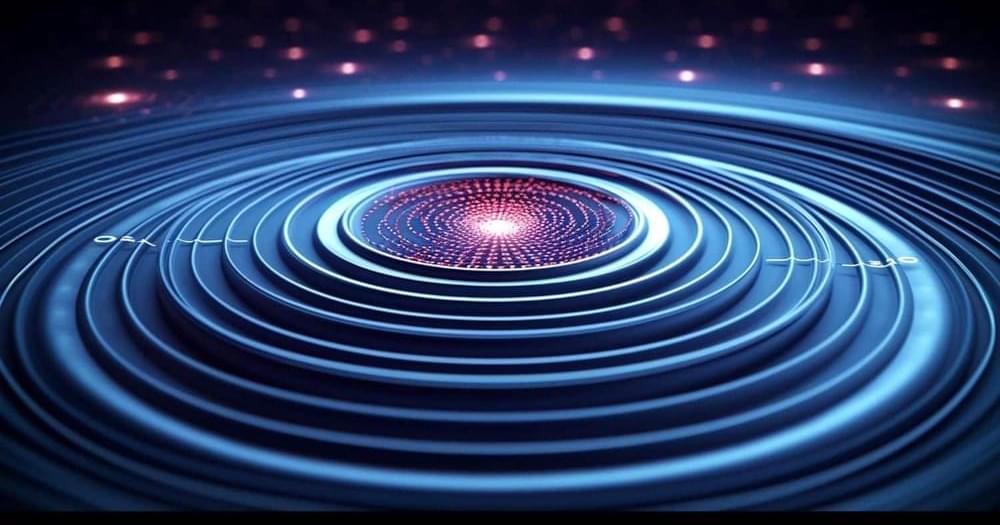
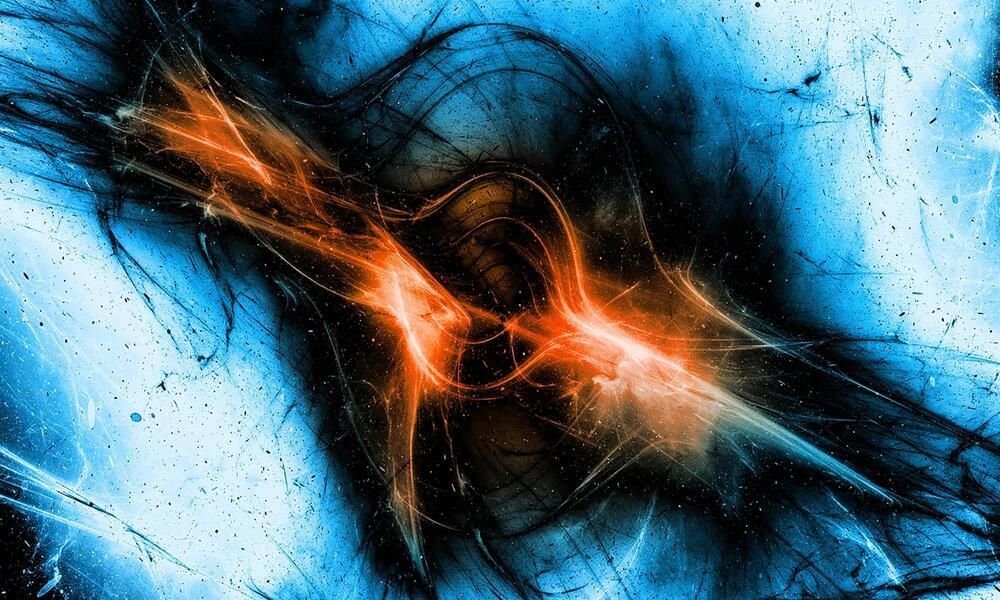
The universe has always held mysteries that spark our curiosity. As we currently understand it, the fabric of the universe comprises three primary components: ‘normal matter,’ ‘dark energy,’ and ‘dark matter.’ However, new research is turning this established model on its head.
Enter Rajendra Gupta, a seasoned physics professor who isn’t afraid to question the status quo. With years of research under his belt, Gupta is shaking up our understanding of the universe.
Gupta, based at the University of Ottawa, conducted a study that suggests we might not need dark matter or dark energy to explain the workings of the universe. This bold claim is turning heads in the scientific community.
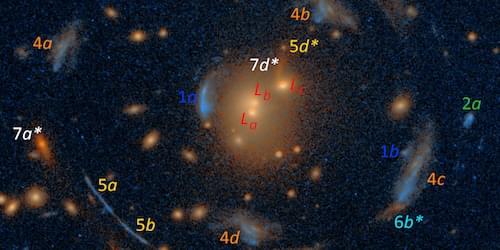
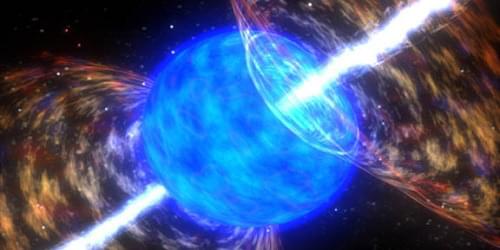
Despite its intensity, the gravitational collapse of certain massive stars does not produce an abundance of heavy elements.
About half of the elements heavier than iron are made by the r, or rapid, process. A nucleus captures neutrons so quickly that radioactive decay is forestalled until the neutron-heavy nucleus finally emits electrons and neutrinos and settles at a new, higher atomic number. Besides normal supernovae and neutron-star mergers, the r process is also suspected to occur in so-called collapsars. These are rapidly rotating massive stars that collapse without producing a regular supernova once they exhaust their fuel. However, simulations by Coleman Dean and Rodrigo Fernández of the University of Alberta, Canada, have now undermined that r-process conjecture [1].
A collapsar’s progenitor is massive enough that it forms a black hole. To shed its prodigious angular momentum, it also forms a thick, unstable accretion disk. During the collapse, nuclei in the stellar envelope break apart, and their protons combine with electrons in the envelope to produce neutrons and neutrinos in large numbers. These neutrons could turn the disk into a favorable, if fleeting, site for the r process to forge and disperse heavy elements—provided that this neutron-rich matter can be ejected.